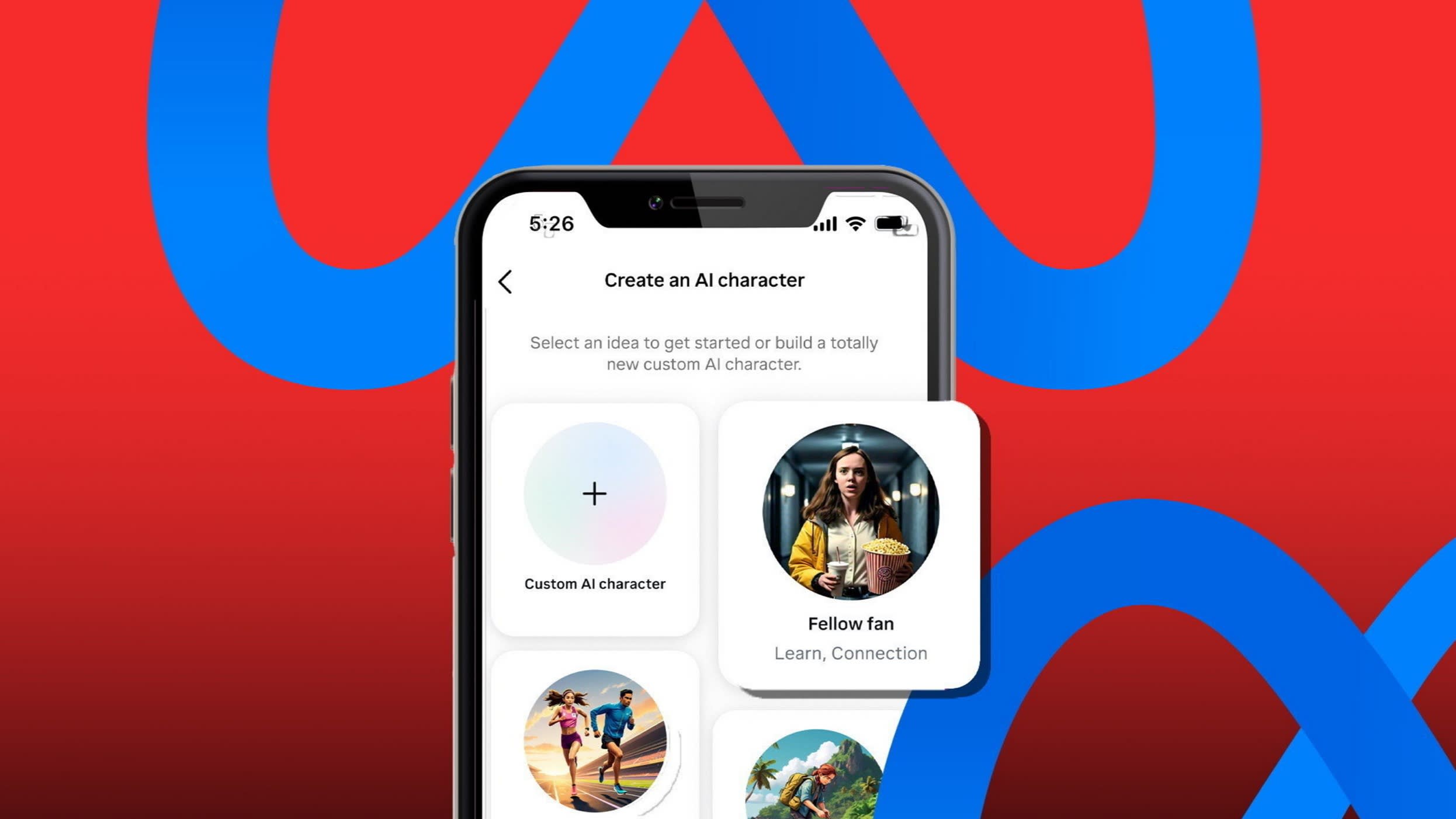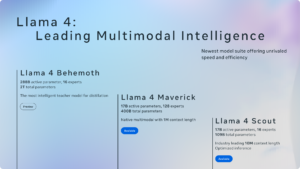Meta Imagines a Future of Social Media Populated by AI-Generated Users

The Rise of AI-Generated Users in Social Media
As the digital landscape quickly evolves, major tech companies like Meta are increasingly looking towards artificial intelligence (AI) as a key player in shaping social media interactions. This shift not only aims to enhance user experiences but also brings new challenges and opportunities for the future of online communication.
Understanding AI-Generated Users
What Are AI-Generated Users?
AI-generated users refers to virtual personalities or avatars created and managed by artificial intelligence systems. These digital entities can engage with human users, produce content, and even simulate real-life interactions. By leveraging advancements in machine learning and natural language processing, companies like Meta are envisioning a future where AI-generated characters can populate social media platforms.
The Technology Behind It
AI technologies enable the creation of these virtual users in several ways:
Natural Language Processing (NLP): This technology helps AI understand and generate human language, allowing for more realistic conversations and content creation.
Machine Learning (ML): ML algorithms can analyze user data to improve interactions and responses of these digital avatars based on their target audience’s preferences.
- Computer Vision: For image and video content, computer vision allows AI to interpret and create visuals that resonate with users.
Potential Benefits of AI Users
AI-generated users could revolutionize the social media landscape in various ways:
1. Enhanced User Engagement
AI avatars can interact with users 24/7, providing continuous engagement. For brands, this could mean instant responses to customer inquiries and personalized content delivery.
2. Content Creation
AI can generate posts, images, and videos based on trending topics, ensuring a steady flow of fresh content that keeps users interested.
3. Personalization
By analyzing user behavior, AI-generated personalities can offer tailored recommendations and experiences that enhance satisfaction and loyalty.
Concerns Surrounding AI-Generated Users
While the advantages are impressive, there are significant concerns regarding the introduction of AI-generated users into the social media realm. Here are some key issues to consider:
1. Authenticity and Trust
The presence of AI avatars raises questions about authenticity. Users may struggle to differentiate between human and AI interactions, leading to skepticism about the genuineness of online communication.
2. Privacy Issues
The data collection necessary to create effective AI users raises privacy concerns. Users may be uncomfortable with how their information is being utilized to create tailored experiences.
3. Misinformation Risks
There is a potential for AI-generated users to spread misinformation, either intentionally or unintentionally. Given that these avatars can generate content rapidly, ensuring accurate information becomes a significant challenge.
The Future of AI in Social Media
With companies like Meta at the forefront, the shift towards AI-generated users in social media is gaining momentum. As technology progresses, the way we interact online is set to change dramatically. Here are some trends that may shape this future:
Increased Automation: More platforms may automate customer service through AI avatars, which can lead to quicker responses but might also lack the personal touch of human interaction.
AI-Driven Communities: Social networks might see the formation of AI-driven communities where users interact primarily with avatars, potentially changing the dynamics of online relationships.
- Evolving Regulatory Frameworks: As AI-generated users become common, there will likely be a demand for new regulations to protect user privacy and ensure ethical practices in AI interactions.
In summary, the integration of AI-generated users into social media holds great promise for transforming how people connect and communicate online. However, navigating the associated challenges will be crucial as we move toward this new digital frontier.






